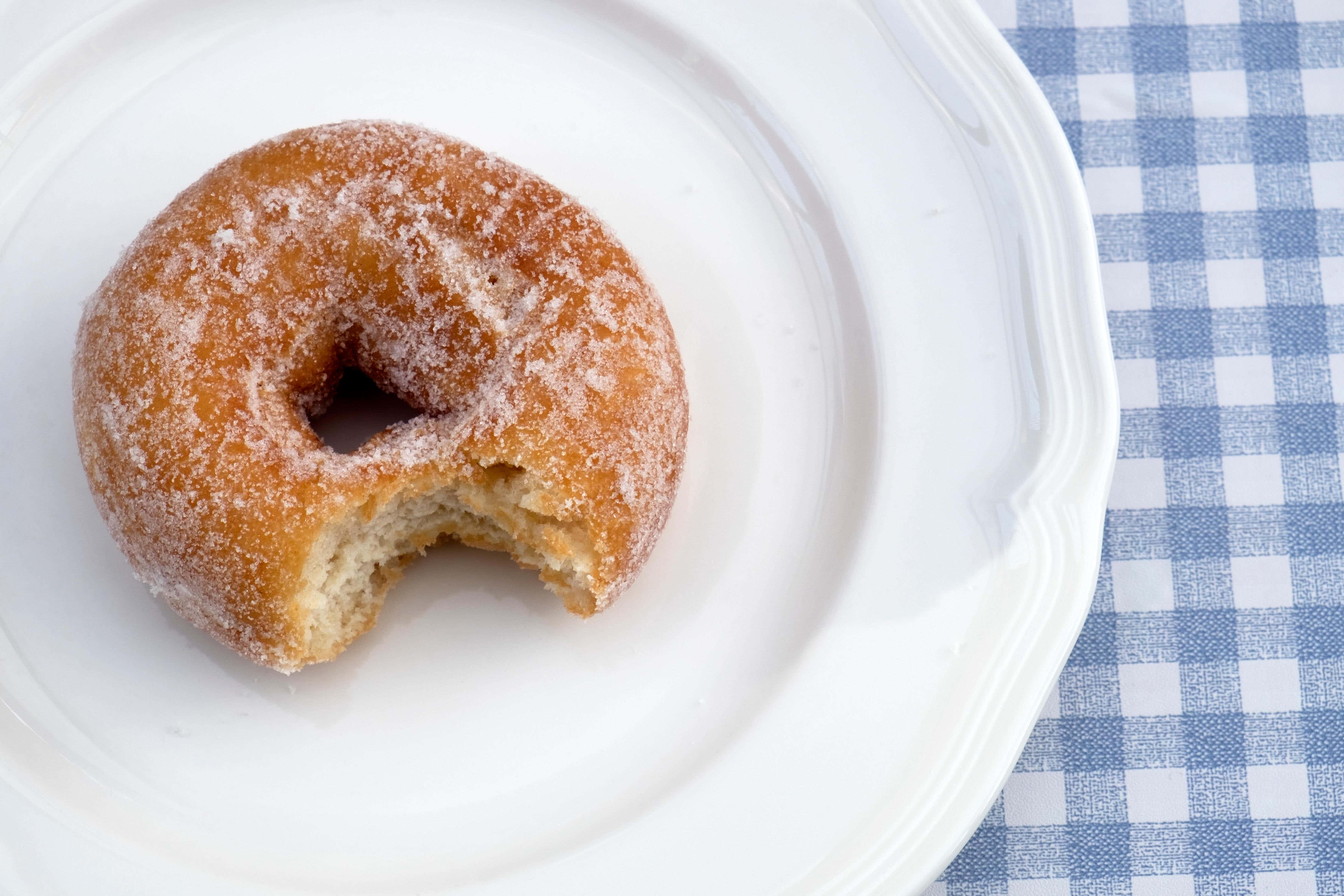Consuming foods with added sugars may increase risk of kidney stones – study
Scientists said further research is needed to understand why this happens.

Your support helps us to tell the story
From reproductive rights to climate change to Big Tech, The Independent is on the ground when the story is developing. Whether it's investigating the financials of Elon Musk's pro-Trump PAC or producing our latest documentary, 'The A Word', which shines a light on the American women fighting for reproductive rights, we know how important it is to parse out the facts from the messaging.
At such a critical moment in US history, we need reporters on the ground. Your donation allows us to keep sending journalists to speak to both sides of the story.
The Independent is trusted by Americans across the entire political spectrum. And unlike many other quality news outlets, we choose not to lock Americans out of our reporting and analysis with paywalls. We believe quality journalism should be available to everyone, paid for by those who can afford it.
Your support makes all the difference.Consuming foods with added sugars – such as soft drinks, ice-cream and cakes – may increase the risk of developing kidney stones, according to scientists.
Researchers have found that those in the US with the highest intake of added sugars had nearly 40% greater odds of developing kidney stones.
They said this association was more prevalent among Asians as well as Native Americans.
But the researchers pointed out that their study, published in the journal Frontiers, does not show how exactly added sugars increases the risk of kidney stones.
Lead author Dr Shan Yin, a researcher at the Affiliated Hospital of North Sichuan Medical College, Nanchong, China, said: “Ours is the first study to report an association between added sugar consumption and kidney stones.
“It suggests that limiting added sugar intake may help to prevent the formation of kidney stones.”
One in 11 people will get stone symptoms during their lifetime, according to The British Association of Urological Surgeons.
Ours is the first study to report an association between added sugar consumption and kidney stones.
Known risk factors include obesity, inflammatory bowel disease, diabetes, and being an adult male.
For the study, the Dr Yin and colleagues analysed data from more than 28,000 people who were part of the US National Health and Nutrition Examination Survey (NHANES) survey.
Each person’s daily intake of added sugars was estimated from their self reported food and drink consumption.
They also received a healthy eating index score (HEI-2015), based on the food they ate, whether it was beneficial foods such as fruits, vegetables, and whole grains, or less healthy options such as refined grains or saturated fat.
The researchers adjusted for factors such as gender, age, race or ethnicity, income, body mass index, HEI-2015 score, smoking status, and whether the people taking part in the study had a history of diabetes.
The researchers said people who received more than 25% of their total energy from added sugars had a 88% greater odds than those who had less than 5% of their total energy from added sugars.
Results also showed people below poverty levels had greater odds of developing kidney stones when exposed to more added sugars than those at or slightly above poverty levels.
Dr Yin said: “Further studies are needed to explore the association between added sugar and various diseases or pathological conditions in detail.
“For example, what types of kidney stones are most associated with added sugar intake?
“How much should we reduce our consumption of added sugars to lower the risk of kidney stone formation?
“Nevertheless, our findings already offer valuable insights for decision-makers.”